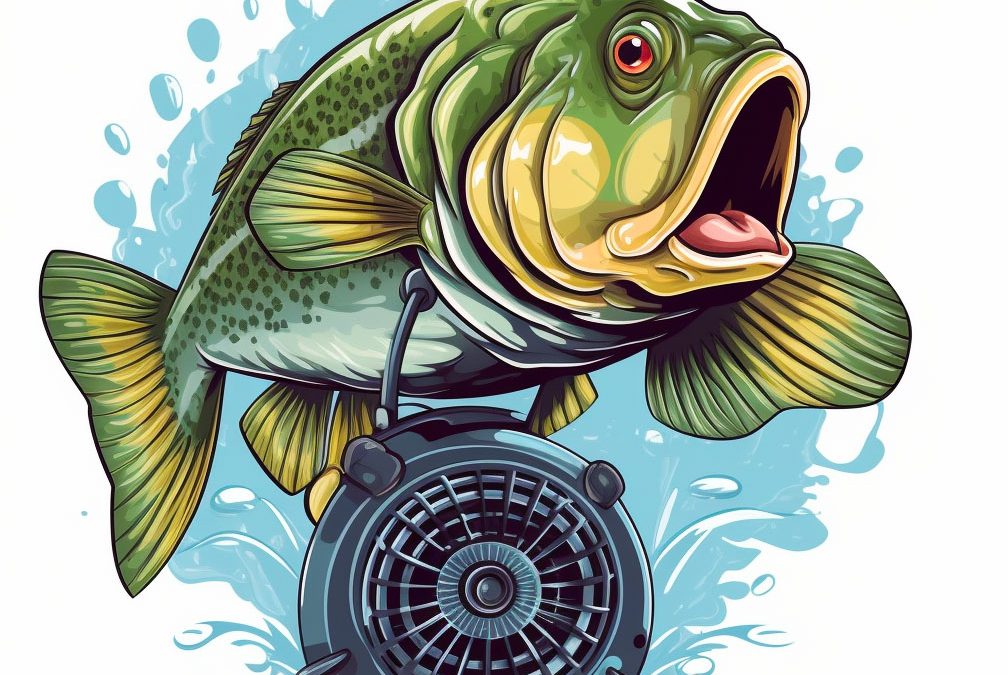Summer bass fishing can be a challenging task for many anglers. Bass are known for their elusive and hard-to-catch nature, and summertime can make this even more difficult. There are several reasons why bass can be tough to catch during the summer months, and understanding these factors can improve your chances of success.
In this article, we’ll explore some of the reasons why bass are so hard to catch in the summer and offer some tips to help you improve your chances of landing that elusive lunker.
For a more in depth look at catching bass in the summer check out this article on summer bass fishing
Heat and sunlight
One of the most significant factors that make bass challenging to catch in the summer is heat and sunlight. During the summer months, the water temperature can get extremely high, especially during midday when the sun is shining directly overhead. High water temperatures can cause bass to become lethargic and less active, making it much harder for anglers to get a bite.
Bass prefer cooler water temperatures, typically in the range of 65 to 75 degrees Fahrenheit. If the water temperature goes beyond this range, bass may be less active, and their feeding patterns may change. The bright sunlight can also make it easier for bass to spot your lure, making them more wary of it. This can make it harder to get a bite, regardless of how enticing your bait may be.
Spawn Transition
Another reason why bass can be hard to catch in the summer is that they are still in the process of transitioning from spawning to post-spawn mode. During the spawn period, which occurs in the spring, bass are more aggressive and actively feeding to prepare for their upcoming reproductive efforts.
However, after the spawn period, bass can become lethargic, and their feeding patterns may change. As they transition to post-spawn mode, bass will start to move to deeper water and become less active, making them more challenging to catch.
Changes in Habitat
During the summer, the underwater habitat in which bass live can change significantly. For example, the water level may drop, causing underwater vegetation to die off or recede. This change in habitat can cause bass to move to other areas, making them harder for anglers to find.
Furthermore, bass may become more territorial during the summertime. As the water levels recede, bass may become concentrated in smaller areas, making it more challenging to catch them. They may also become more suspicious of lures and bait, making them harder to catch than other times of the year.
Food Sources
Another factor that can make bass hard to catch during the summer is the abundance of food sources. During the summer, many of the food sources that bass typically consume, such as small fish and crayfish, become more abundant. As a result, the competition for food increases, and bass may be more selective in what they eat.
In some cases, bass may also become more selective in their feeding habits, consuming only a particular type of food, such as crayfish or shad. This can make it harder for anglers to catch bass using other types of bait or lures.
Tips for Catching Bass in the Summer
While catching bass in the summertime can be a challenging task, there are several tips and tricks that anglers can use to improve their chances of success. Here are some strategies to consider:
Fish during low light periods
One of the best times to catch bass during the summer is during low light conditions, such as dawn and dusk. During these times, the water temperature is typically cooler, and bass may be more active and more likely to bite. Additionally, low light conditions can make it easier to attract bass with your bait or lure.
Fish deep water
As the water temperature increases during the summer, bass may move to deeper water to find cooler temperatures. Fishing in deeper water can increase your chances of catching a bass, particularly during the middle of the day. Look for deep drop-offs, rocky ledges, and submerged structures where bass may be hiding.
Use slow-moving lures
During the summertime, bass can become more lethargic and less active, meaning you may need to slow down your presentation to entice them to bite. Using slow-moving lures, such as plastic worms or jigs, can be an effective way to catch bass during the summer.
Fish shaded areas
As the sun beats down on the surface of the water during the summer, bass may seek refuge in shaded areas, such as under overhanging branches or around submerged structures. Fishing these areas with jigs or soft plastic baits can be an effective way to catch summer bass.
Use natural colors
During the summer, bass may be more selective in their feeding habits and may only be interested in specific types of food. As a result, using natural-colored lures and bait, such as crayfish or shad-colored lures, can increase your chances of getting a bite.
Conclusion
Catching bass during the summertime can be a challenging task, but with the right approach, anglers can still have success. Understanding the reasons why bass are hard to catch in the summer, such as changes in water temperature, habitat, and food sources, can help you tailor your approach to increase your chances of success.
By fishing during low light periods, using slow-moving lures, fishing in deep water and shaded areas and using natural-colored lures, you can increase your chances of landing that elusive summer bass. Remember to be patient and persistent, and eventually, that trophy largemouth will be yours to catch.
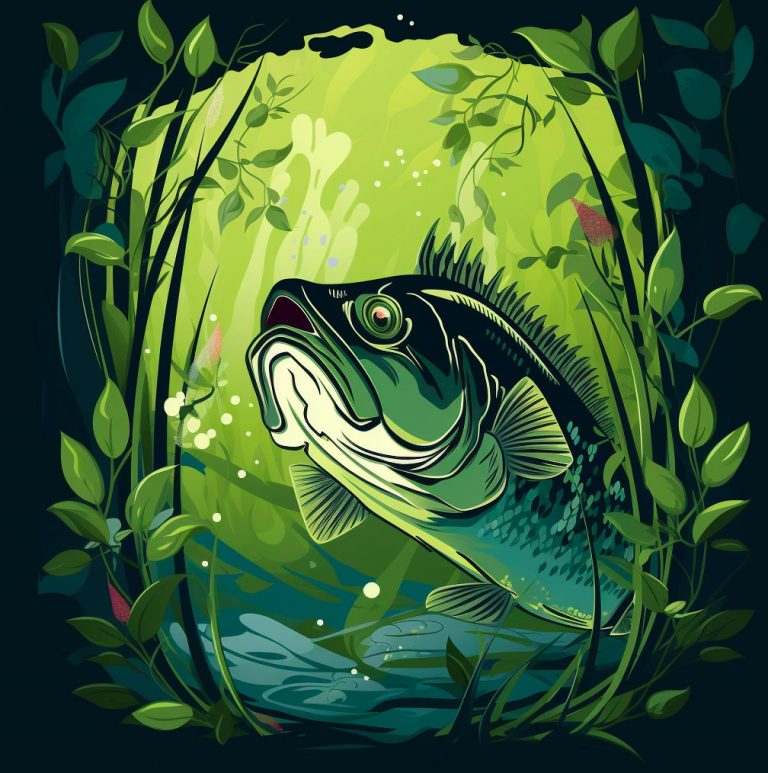
Why bass are harder to catch in the summer
Fishing enthusiasts know that bass fishing in the summertime can be challenging. The clear sunny skies, warm weather, and lack of rain and wind make it difficult to catch bass. Many anglers have experienced blank days in the summer, wondering why bass no longer seem to be interested in their baits that they easily caught […]
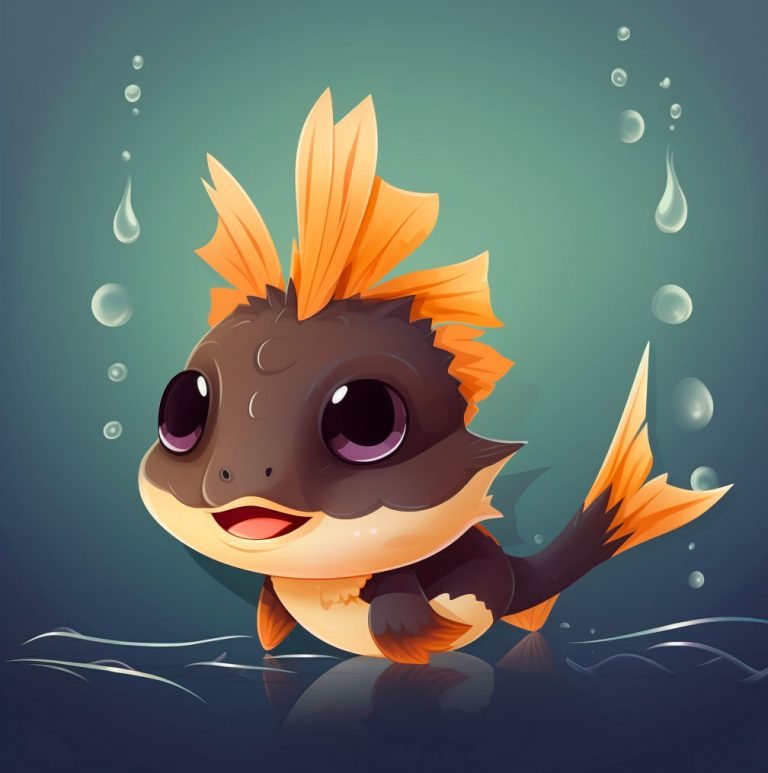
How To Catch Bass During The Catfish Spawn
I love to fish for bass and am constantly seeking for innovative and fun ways to capture fish. Targeting bass during the catfish spawn is one strategy I have discovered to be especially successful. Fishing during this season might be challenging, but with the correct techniques and equipment, you can catch a lot of good […]

How deep to fish for bass in summer
Fishing for bass in the summer can be quite challenging considering the heat of the sun and the activity of the fishes. Often, this season gives fishermen a hard time finding the right depth to catch bass. There are a lot of variables to consider to bag a substantial harvest during the summer season. Every […]
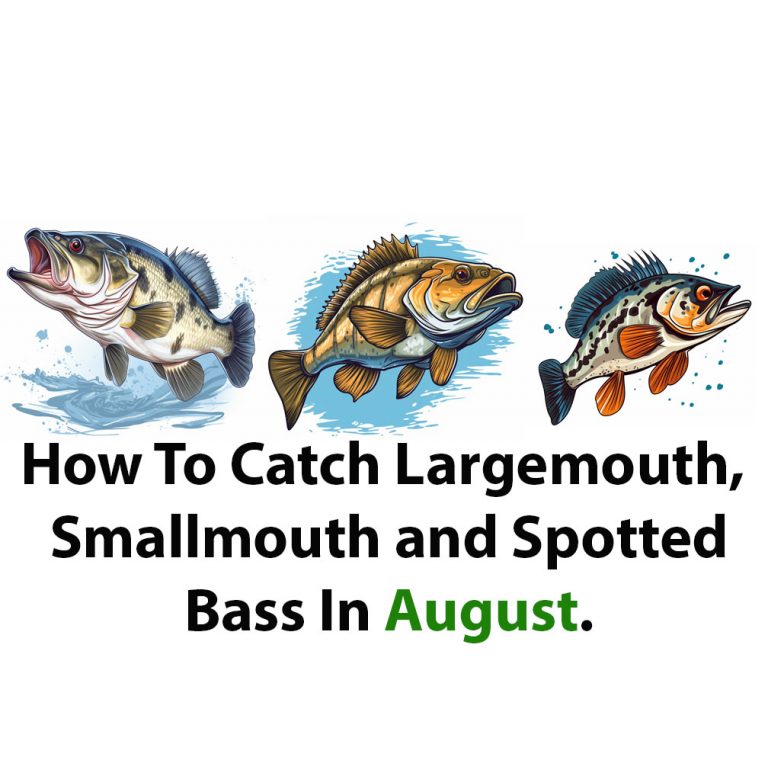
How To Catch Bass In August
Introduction I get a kick every time I step into the water since I’m an experienced bass fisherman. And as August approaches, that sensation only intensifies. The water is warm, the temperatures are high, but most importantly, the fish are biting. But as any angler is aware, casting a line and waiting for a pull […]
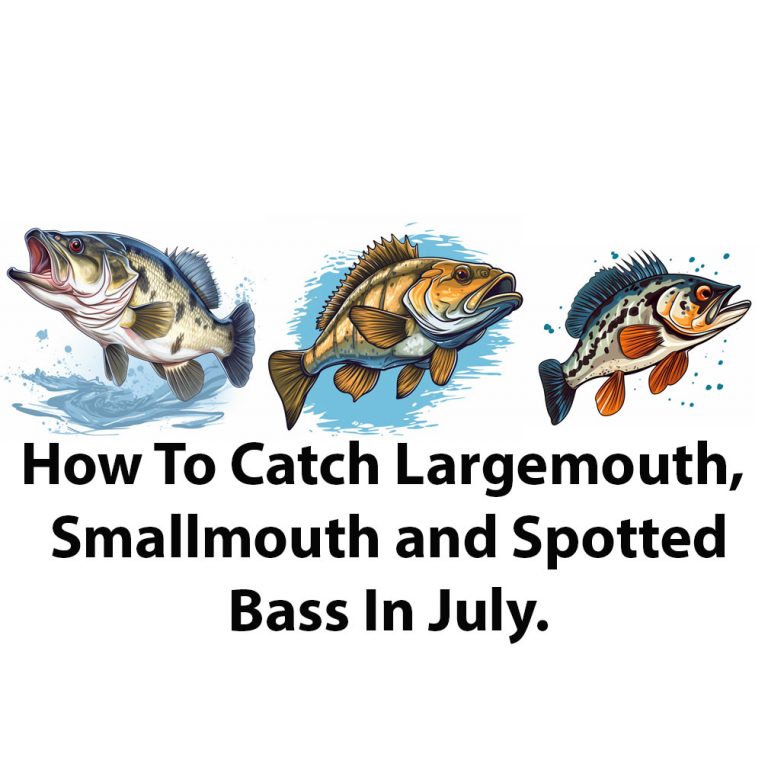
How To Catch Bass In July
Few things are more enjoyable for an experienced angler than hooking a bass. There’s nothing quite like feeling that tug on the other end of the line, whether I’m hauling in a tenacious largemouth, a resilient smallmouth, or a stealthy spotted bass. Even though bass fishing may be a thrilling activity throughout the year, July […]
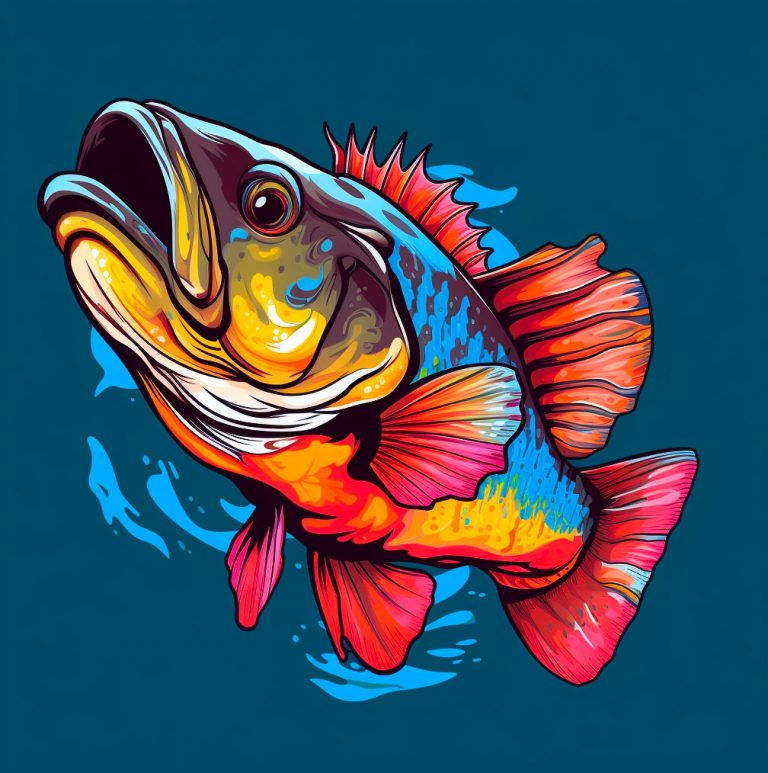
Best Lure Colors For Summer Bass
Summer is a great time for fishing, and it is a crucial time of the year to choose the correct lures for catching bass. Catching bass in summer can be a bit challenging as they tend to avoid the heat of the day and become more inactive. However, selecting the best lure colors can make […]

